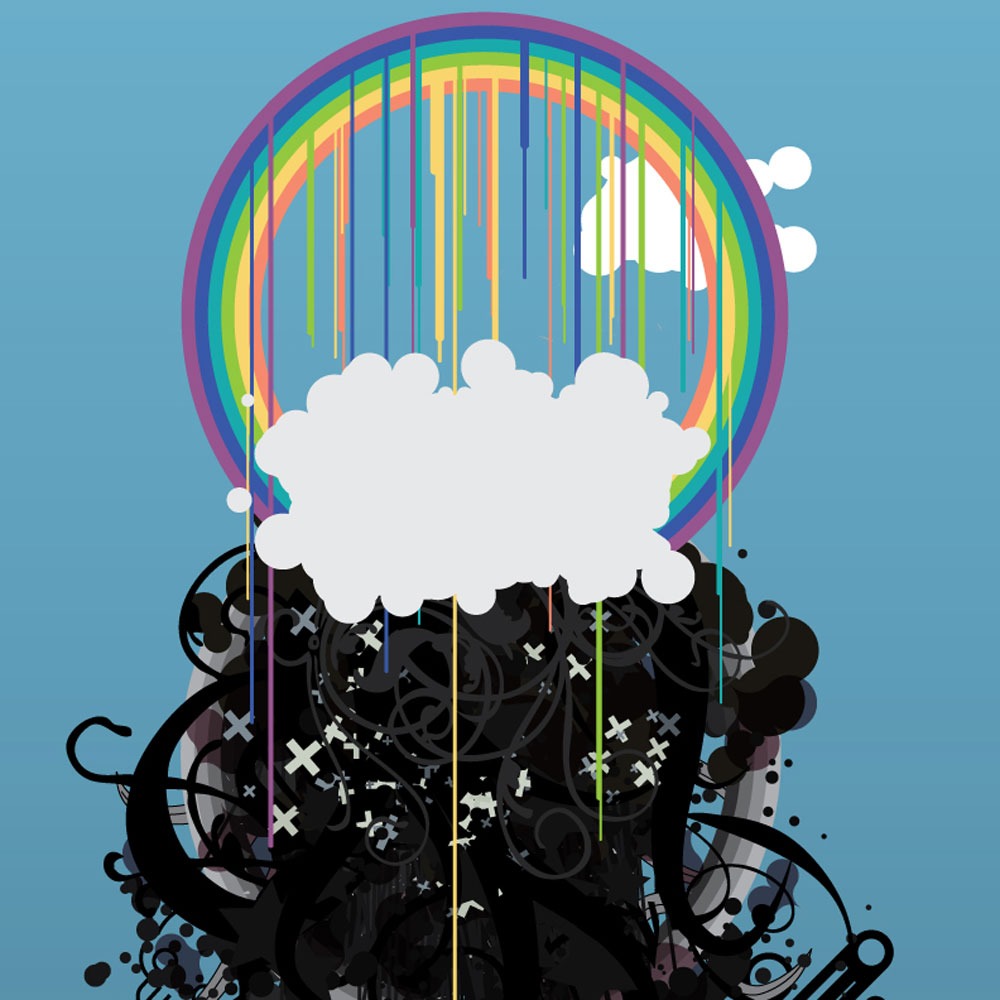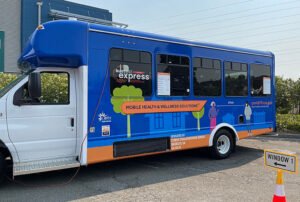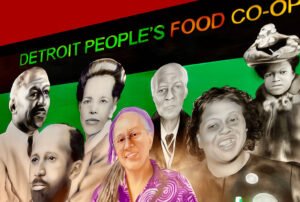
Nonprofits have faced countless challenges in 2020. I interviewed staff members at the Jewish Council on Urban Affairs to better understand how their organization dealt with a year of reckoning, the choices they made, and the opportunities that developed.—ML
Chicago’s Jewish Council on Urban Affairs (JCUA) was founded in 1964 to “combat poverty, racism, and anti-Semitism, working in partnership with the communities who were directly impacted and harmed.” In particular, the group sought to build bridges between the Jewish and African American communities to advance civil rights.
That work required crossing lines of wealth and race. JCUA built its work on classic community organizing principles which recognize that, in the words of Street Civics author Dan Jasper, “Community organizing is a process of building power through collective action in order to address shared grievances or advance shared interests. Organizing of this sort is characterized by an emphasis on power relations and aligning interests.”
Executive director Judy Levey describes this work as engaging “energetic young staff and volunteers in the work of building connections” within the Jewish community to power action that might break down housing, economic, and educational barriers. The work requires collaboration in campaigns in partnership with organizations in communities of color to challenge Chicago’s segregated housing patterns, combat economic injustice, and bring needed medical services to neighborhoods.
For some in the Jewish community, JCUA’s focus on systemic change was seen as too aggressive. Nonetheless, JCUA carried on. Through its Community Ventures Program, JCUA has provided no-interest loans to 46 affordable housing and economic development projects in 20 neighborhoods. Likewise, JCUA was able to marshal the moral energy of its community to address the lack of medical services in South Chicago’s Black neighborhoods. After an 18-year-old man died in an ambulance in 2010 as it drove past a university hospital that had closed its emergency rooms to focus on more lucrative services, JCUA participated actively in a coalition that pushed the University of Chicago to reopen its trauma center five years later.
After the campaign, Daniel Kaplan, a community organizer on JCUA staff, and a volunteer member, Avra Shapiro, offered some reflections. They highlighted three themes: 1) the importance of building an organized Jewish community committed to social change; 2) the vital necessity to be “informed and directed by those most impacted”; and 3) the value of thinking critically and strategically about how to be an asset in coalitions and movement. In so doing, they were forthright about their whiteness, writing, “In acknowledging whiteness, we can use it in a constructive way by taking actions or entering spaces that other members of the coalition cannot. By using our whiteness in a way that’s accountable to the coalition’s strategy, we serve a valuable function and also challenge the very nature of a system that privileges some over others.”
In 2020, the twin pandemics of COVID-19 and racism have led to an intensification of JCUA’s work. But organizationally, JCUA has benefitted as support from the Jewish community for its work has increased. As Levey explains, the work they had been doing that may have been overlooked or appeared too uncomfortable in white Jewish communities in “normal” times looked and felt different in a moment when racial and economic justice are daily frontpage news.
“Interest has ratcheted up as has the sense of urgency. People were now being more self-reflective and were more open to finding a way to be part of the solution,” says Levey, “We have been able to expand our work educating our community and broaden our scope.”
Sign up for our free newsletters
Subscribe to NPQ's newsletters to have our top stories delivered directly to your inbox.
By signing up, you agree to our privacy policy and terms of use, and to receive messages from NPQ and our partners.
Levey observes that in the past JCUA’s work may have been viewed as too aggressive but the events of 2020 changed those perceptions: they had become more acceptable and “less radical.” Funders that had previously rejected their proposals were now wanting to be part of the solution and recognized the value of the deep community roots JCUA had built. The organization found itself with human and financial support it had not had before, and it was able to not only expand its organizing and training staff but invest in its own infrastructure. For an organization that had understood the need to help its allies build organizational strength, the ability to invest in its own capacity was an unexpected but welcome benefit of an exceedingly difficult year.
At the same time, JCUA has a packed agenda. It has engaged in organizing work as part of a coalition working to pass a “Fair Tax Amendment” to create a progressive state income tax (which ultimately fell short). As a founding member of the Grassroots Alliance for Police Accountability (GAPA), they joined with others to bring greater community control and accountability to Chicago’s police department. They joined groups in opposition to the Trump administration’s destructive immigration policies. They signed on early to support the Right to Recovery coalition, which is working to ensure that services and supports were created for the communities hardest hit by the pandemic’s fallout.
With a moment of opportunity and a path to increase its impact in its sights, JCUA faced the reality that organizing itself had become so much more difficult even as its importance in the field grew. Early in the pandemic, JCUA feared the need to isolate would impact their organizing and training capabilities. However, shifting to electronic meetings proved easier than expected. They were able to effectively transition the Fair Tax Campaign from door-to-door canvassing to one that made thousands of phone calls seeking to mobilize “yes” voters. Committee meetings and training events were moved to electronic platforms, and staff designed them to be engaging. Car caravans and socially distant protests became the means of taking direct action.
The need to work at a distance and build electronic connections had one other unexpected benefit: It made location less critical. There was no longer a need to try to find a place that was convenient for all, both by car and by public transportation, or to choose which parts of their community were going to have to travel long distances. Time and distance stopped being obstacles. COVID-19 actually helped JCUA bring geographically dispersed members together and grow its base.
Organizer Jackie Baldwin observes that while her organization and its supporters had the resources to make this shift, this moment was “a real eye-opener to the reality of the digital divide.”
But while JCUA has benefited as an organization from the increased interest in addressing structural racism and poverty, Baldwin fears that “polarization within the progressive community will return, and we will forget the lessons we have learned this year.” If that happens, the hunger for change this past year has seen could be lost, and disadvantaged communities once again left out. Solutions that require systemic change ask those with wealth and power to relinquish both. JCUA will need for communities of privilege, from which it derives much of its support, to recognize the need for deep structural change—and not to walk away from difficult issues. It will also, of course, continue in its own work to negotiate the complexities of being a white ally to racial justice movements.
In a year of difficulty, JCUA did not slow down; rather, it was nimble enough to make changes along the way that kept its vision clear. Levey is hopeful about the future. JCUA, she says, is seeing that “people care deeply about justice. If they can dream big enough, it is time to have big impact.”—Martin Levine















